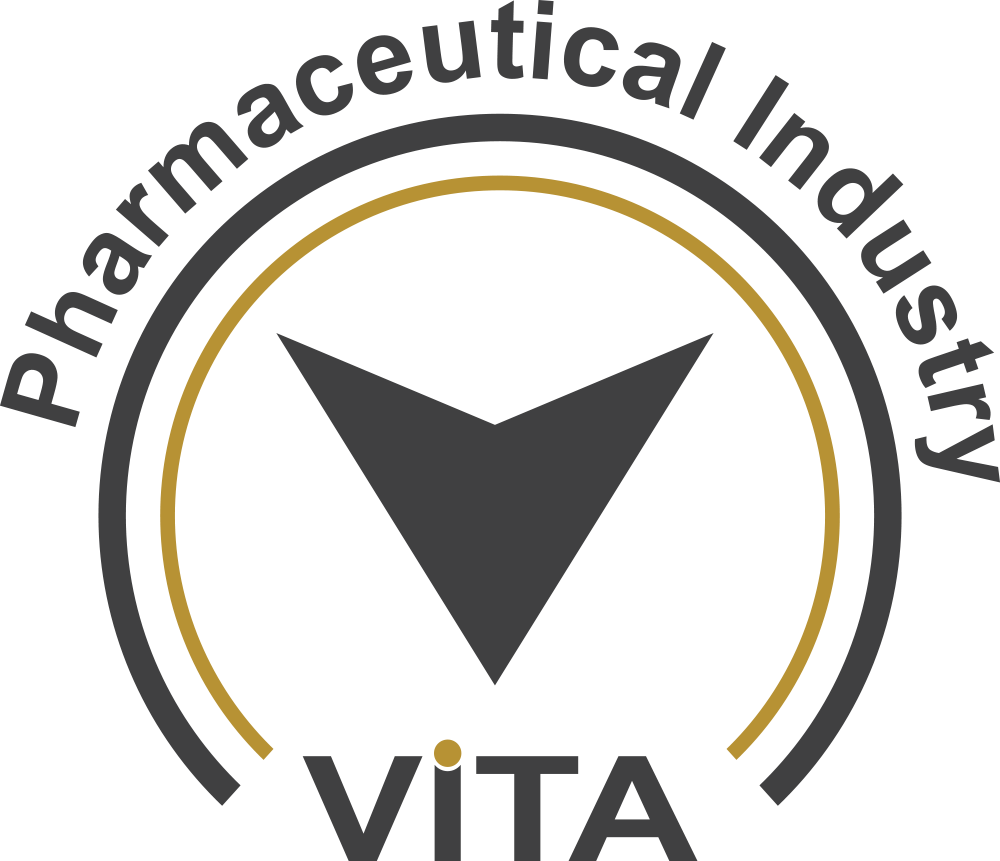Consuming curcumin may improve memory performance in middle-aged and older individuals, and may also lead to less neuropathological accumulation in the amygdala and hypothalamus. The findings come from an 18-month study conducted by researchers at the University of California Los Angeles and published in the American Journal of Geriatric Psychiatry.
Forty individuals with objective cognitive performance scores and clinical histories consistent with normal aging or mild neurocognitive disorder (MCI) were included in the study, aged between 50 and 90 years-old. They were randomized to receive Theracurmin 90mg (a bioavailable form of curcumin), twice daily (n=21) or placebo (n=19) for a total of 18 months.
For the primary verbal memory outcome measure (Buschke Selective Reminding Test [SRT]), the curcumin group showed significant improvement from baseline after 18 months with effect size (ES) of 0.63 (change = 20.3, t(37) = 3.3, P=0.002), while there was no significant change for the placebo group (change = 1.9, ES= 0.06, t(37) = 0.3, P=0.8). The curcumin group also had improvements in SRT Total for visual memory (BVMT-R Recall: ES= 0.50, P=0.01; BVMT-R Delay: ES= 0.51, P=0.006), and attention (ES= 0.96, P<0.0001), compared with placebo (ES= 0.28, P=0.1; between-group: ES= 0.67, P=0.04).
Results for the secondary outcome of attention – tested using the Trail Making Test Part A – showed significantly greater results for the curcumin group (ES=0.67). From baseline to the end of the study, the curcumin group improved significantly (change = 8.0, ES=0.96, t(37) = 4.9, P<0.0001), and the placebo group did not show significant change (change = 2.8, ES = 0.28, t(37) = 1.7, P=0.1).
Brain amyloid and tau accumulation were also analyzed at the start and at 18-months using 2-(1-{6-[(2-[F-18]fluoroethyl)(methyl)amino]-2-naphthyl}ethylidene)malononitrile positron emission tomography (FDDNP-PET).
Significant changes in mean FDDNP were found at 18 months in the amygdala and hypothalamus regions of the brain, which control several memory and emotional functions. Supporting the cognitive findings, curcumin consumption may lead to less FDDNP binding in the amygdala and the hypothalamus when compared to the placebo group.
Curcumin has previously been shown to have anti-inflammatory properties and has also been shown to benefit in resensitizing chemoresisitant ductal adenocarcinoma cells. “These results warrant further study in similar populations to confirm the observed cognitive benefits of curcumin and elucidate the underlying mechanisms responsible for such effects,” concluded the authors.

